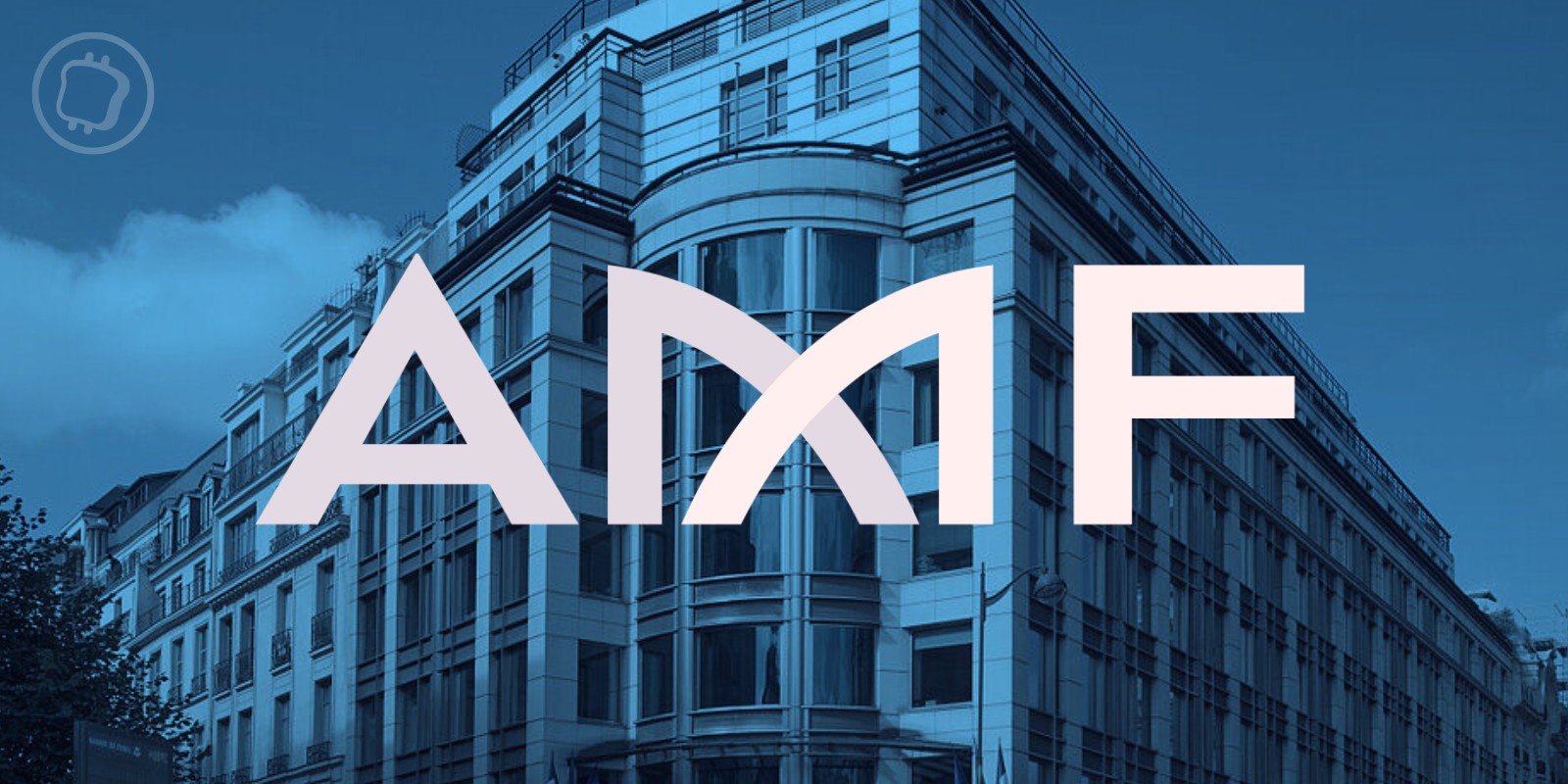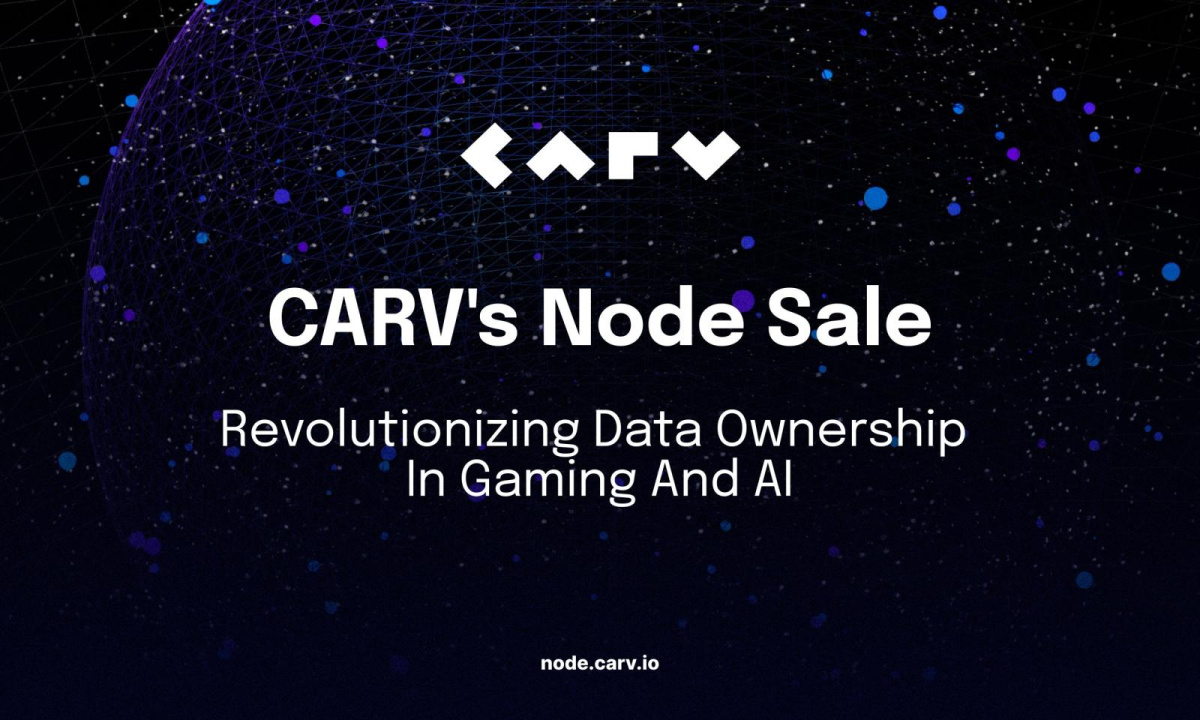The Autorité des Marchés Financiers (AMF) has just published a discussion paper which examines the subject of decentralized finance (DeFi). What are the avenues of regulation envisaged by the French financial policeman and what does this bode for the sector?
The AMF looks into the subject of DeFi
While in the United States a very hostile regulatory campaign has been launched by the Securities and Exchange Commission (SEC), the other territories are also looking into the subject. In France, it seems that decentralized finance is attracting the attention of institutions and regulators. Over the weekend, the Governor of the Banque de France thus affirmed that it was necessary to set up a “MiCA 2” to tackle the sector, summarizing his position as follows: ” same activity, same risk, same regulations ».
This is also the expression used by the Autorité des Marchés Financiers, which delivers its thoughts this week. She explains that shesupports a progressive and proportionate approach», and invites the actors to deliver their thoughts on the subject of regulation. His paper already indicates some avenues envisaged, which could shape the sector in the years to come. What are they ?
👉 To go further – What is DeFi? All about decentralized finance
The best way to secure your cryptocurrencies?
? Buy, trade, grow and manage over 5,500 cryptos

The AMF’s thoughts on the regulation of a particular sector
As the AMF points out, the very nature of DeFi protocols makes their regulatory approach complex, starting with their definition. How to determine what falls under DeFi or CeFi ? For the AMF, this could be based on the degree of “permissiveness» :
“A criterion for determining whether or not an activity falls under DeFi would be to assess the permissioned nature or not of a blockchain, including an analysis of its “degree” of permissiveness. The criteria to be taken into account could in particular be the number of entities, individuals or users who can monitor the activity on the network.»
Another point to consider: smart contracts. By nature, these are executed automatically, and their autonomy does not rhyme with regulation, again according to the AMF:
“The self-contained and continuous nature of their operation may contrast with the interventionist aspects required for a supervision is established (for example, to force the stop or the resumption of operations in the event of detection of an irregularity).»
The keyword, of course, beinginterventionist“. The AMF plans to create mechanisms allowing the interruption of operations in order to protect users in the event of a problem… But are we still in the definition of DeFi that it mentioned above?
👉 Read also – DeFi: in May, investors lost more money in rug pulls than in hacks
Insufficient existing regulations according to the AMF
This is the whole point of DeFi: it escapes by nature from existing regulations. And force protocols to adopt mechanisms favoring the regulation could nullify the very interest of their existence. A paradox recognized by the AMF:
“In some cases, certain aspects of the proposed activities could be governed by existing regulations, but these could also turn out to be unsuitable, even impossible to implement in some cases.»
For the French financial policeman, the DeFi sector also comes up against a certain opacity, and a lack of documentation. It therefore plans to impose clarifications:
“It could be envisaged that the rules of the smart contracts operated by these protocols are “translated” into a non-technical languageallowing them to be read, reviewed and, where applicable, approved by regulatory bodies.»
👉 Find all the news related to regulation
Our service dedicated to cryptocurrency investors. Get real-time analytics and optimize your crypto portfolio.

The difficulty of taking into account DAOs
With regard to decentralized autonomous organizations (DAOs), the AMF comes up against – like other regulators – the very nature of these entities. Assessing participants’ degree of control is a daunting task, especially since this control is sometimes intangible. A person or a group can thus have an influence on the decisions of the collective, without having control of any mechanism. It is therefore an issue of democracy, difficult to disentangle for the supervisory institutions.
To get out of it, the AMF therefore plans to judge the participation of contributors to a DAO based on non-tangible criteria :
“The control of a DAO can be based on factual elements and induce a situation of “de facto” control if there is an individual or a group of individuals with a high level of ownership (without a majority) and the other owners are scattered; or a situation of “de jure” control if an individual or group of individuals owns at least a majority of the governance tokens.»
As we can see, “de facto” control is vague. This could open the door to subjective judgmentswhich are not ideal when it comes to regulation.
This AMF discussion paper is therefore interesting, because it sheds light on the precarious positions of regulatory institutions. DeFi indeed resists any hasty categorization, and disentangling what is “regulatory” from what is not will certainly be a crucial issue in the coming months.
👉 Listen to this article and all other crypto news on Spotify
Source: AMF
Image: Albert Bergonzo via Wikimedia Commons (CC BY-SA 4.0)
Newsletter 🍞
Receive a summary of crypto news every Monday by email 👌
What you need to know about affiliate links. This page presents assets, products or services relating to investments. Some links in this article are affiliated. This means that if you buy a product or register on a site from this article, our partner pays us a commission. This allows us to continue to offer you original and useful content. There is no impact on you and you can even get a bonus by using our links.
Investments in cryptocurrencies are risky. Cryptoast is not responsible for the quality of the products or services presented on this page and could not be held responsible, directly or indirectly, for any damage or loss caused following the use of a good or service highlighted in this article. Investments related to crypto-assets are risky in nature, readers should do their own research before taking any action and only invest within the limits of their financial capabilities. This article does not constitute investment advice.
AMF recommendations. There is no guaranteed high return, a product with high return potential involves high risk. This risk-taking must be in line with your project, your investment horizon and your ability to lose part of this savings. Do not invest if you are not ready to lose all or part of your capital.
To go further, read our Financial Situation, Media Transparency and Legal Notices pages.

















